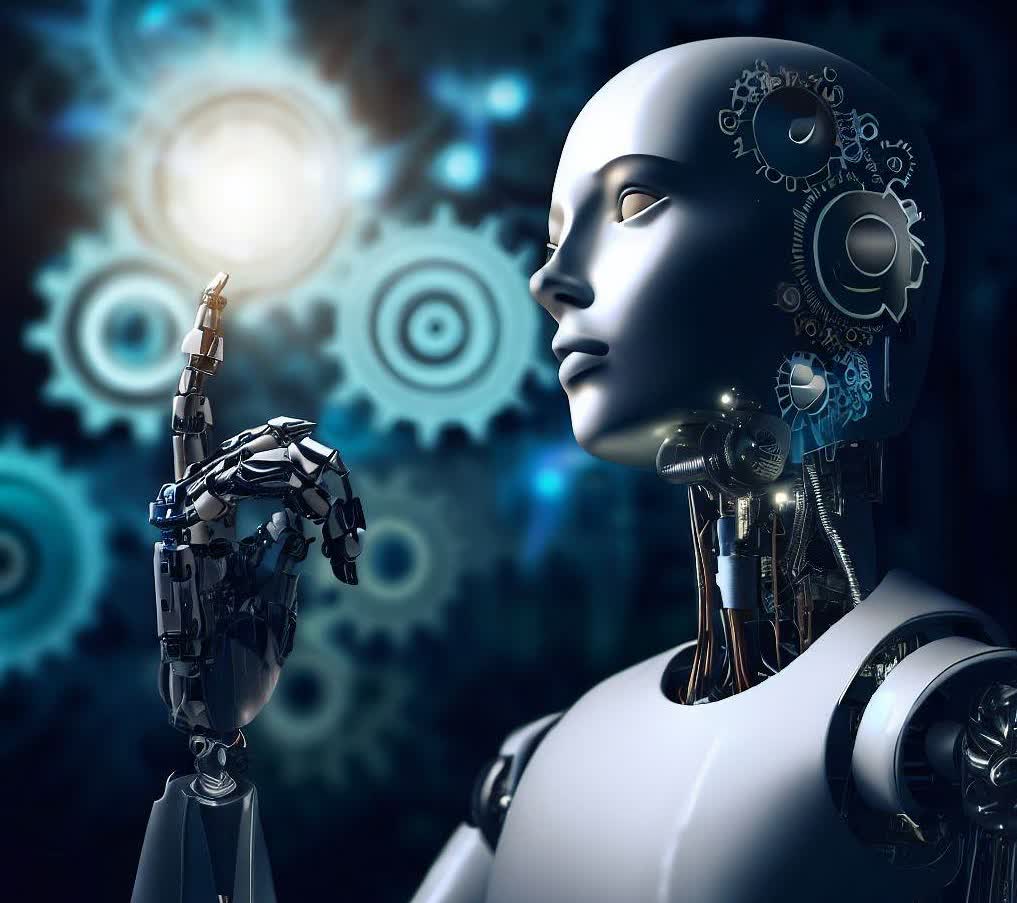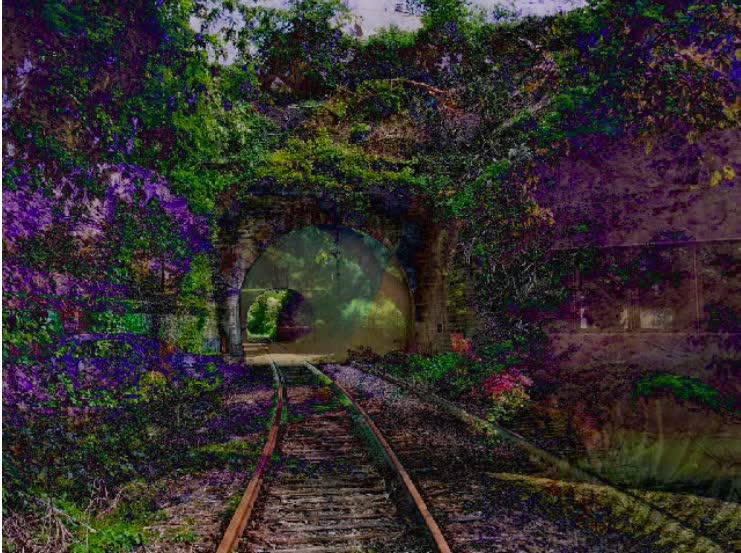A hot potato: The ability of artificial intelligence to create pretty much anything these days is astounding, but who owns the rights to their creations? A computer scientist who tried to patent inventions made by his AI has had the request refused by the US Supreme Court.
Stephen Thaler, the founder of advanced artificial neural network technology company Imagination Engines Inc, says his DABUS (Device for the Autonomous Bootstrapping of Unified Sentience) system created unique prototypes for a beverage holder and an emergency light beacon.
Reuters writes that Thaler wanted to patent the inventions, but the US Patent and Trademark Office and a federal judge in Virginia rejected the applications on the grounds that DABUS is not a person. The court ruled that patents could only be issued to humans and that Thaler's AI could not legally be considered the creator of these inventions.
Thaler took his case to the US Court of Appeals for the Federal Circuit last year, which upheld the decision and reaffirmed that US patent law requires inventors be humans.
On Monday, the US Supreme Court declined to hear Thaler's case, despite his pointing out that AI is being used in numerous fields today, including medicine and energy. He added that rejecting patents for inventions created by AI "curtails our patent system's ability - and thwarts Congress's intent - to optimally stimulate innovation and technological progress."
Thaler found support at the Supreme Court in Harvard Law professor Lawrence Lessig and other academics who said the decision "jeopardizes billions (of dollars) in current and future investments, threatens U.S. competitiveness and reaches a result at odds with the plain language of the Patent Act."
This isn't Thaler's only fight for AI rights as a creative force. In January, he filed suit again with the US Copyright Office over its refusal to grant copyright protection to an artwork called A Recent Entrance to Paradise (above), which was created by DABUS in 2012. Thaler's requests to register the piece with the copyright office were rejected on multiple occasions over the lack of traditional human authorship.
Earlier this month, an artist who won a prestigious photo competition refused his prize because the image he submitted had been generated by an AI. Elsewhere, several Midjourney creations have won top prizes in art competitions over the last few months.

